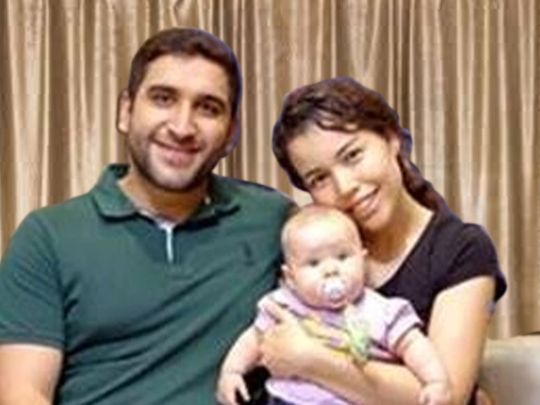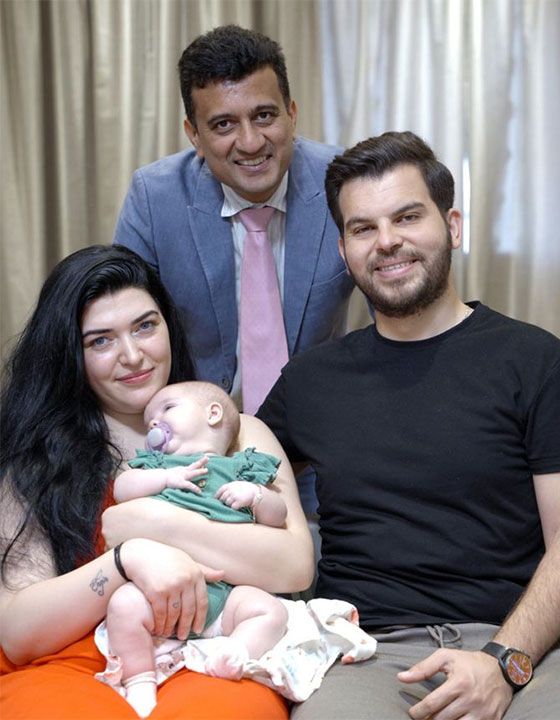
Dubai: Dubai has become a global hub for families with children suffering from spinal muscular atrophy (SMA), a rare genetic disorder.
Speaking to Gulf News, Dr. Vivek Mundada, Consultant Paediatric Neurologist, at the Medcare Women & Children Hospital (MWCH) in Dubai, said the hospital has successfully treated 71 children suffering from the life-threatening SMA. He said that MWCH is among the first in the GCC to provide gene therapy to address the disorder.
The 71 children are from several countries including Turkey, Romania, Russia, Belarus, Nepal and Iran and were specially brought to Dubai to receive the life-transforming gene therapy, he said.

What is SMA?
Dr Mundada explained that SMA is a rare genetic disorder which triggers the loss of motor neurons in the spinal cord, resulting in progressive muscle weakening and atrophy.
The debilitating condition is classified into four primary types, distinguished by the age of onset and the severity of symptoms. Type 1, the most severe form, often manifests in infants below six months, tragically leading to limited life expectancy. In contrast, Type 4, affecting adults, tends to bring about milder symptoms. Left untreated, the disorder inflicts profound disabilities and respiratory complications, significantly diminishing the patient’s quality of life, he added
He said, “Our continuing SMA multidisciplinary treatments have propelled MWCH to become a global hub for patients seeking relief from this devastating condition. Our approach to SMA management embodies a holistic, multidisciplinary strategy that extends beyond the administration of gene therapy. While gene therapy represents a remarkable milestone in SMA treatment, it is just one facet of a comprehensive approach aimed at enhancing the lives of affected children.”
He stressed on the need for specialised care and support for SMA patients. “We ensure that parents receive appropriate health education, and individualised care plans are offered after each patient’s stay in Dubai, facilitating continuity of care and management by local paediatric neurologists in their home countries.”
Multidisciplinary team
The multidisciplinary team of specialists include a paediatric neurologist, pulmonologist, cardiologist, orthopaedics, physiotherapists and gastroenterologists.
According to Dr. Mundada, treatment outcomes vary among individuals due to the SMA’s progressive nature. Gene therapy primarily targets the existing pool of living cells in the body, where it begins to function. “Regrettably, it cannot revive cells that have already perished. Therefore, early diagnosis and treatment are of paramount importance, offering the best chances for a successful outcome,” he noted.
In some instances, children have received gene therapy as part of a newborn screening programme in their home countries, potentially enabling them to lead lives similar to unaffected children. Individuals with more complex health issues, such as invasive ventilation, gastrostomy for feeding, and severe muscle weakness and contractures, may not achieve full recovery. However, their lives can be significantly extended, and their quality of life is greatly improved by reducing complications, minimising hospitalisation and averting further deterioration.












